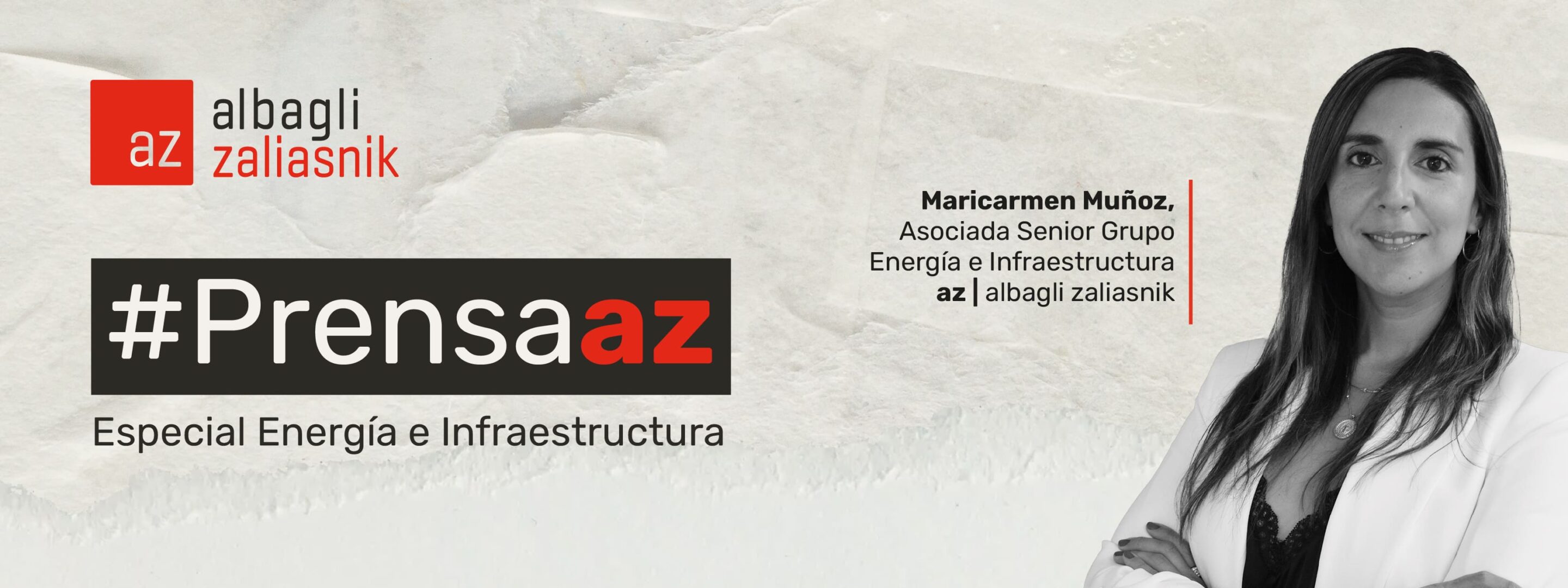We invite you to read the article of Diario Financiero in which our partner, Rodrigo Albagli, commented on whether the prevention of Ethical Crimes in companies has advanced.
The entry into force of the Economic Crimes Law changed the standard of integrity for organizations, which have focused their efforts on implementing robust prevention models, supported by technology. Are results already being seen?
67% of Chileans believe that integrity in their organizations has improved in the last two years. This is revealed by the EY 2024 Global Integrity Survey, which mentions progress towards stricter regulation as one of the factors behind this improvement.
‘In recent years we have witnessed how companies have become more aware of corporate integrity,’ explains EY forensic and integrity services lead partner Jorge Vio, who highlights that more and more companies are now investing in compliance structures and integrity training, and have published organizational value statements or codes of conduct. This, in his opinion, is mainly due to more demanding standards and management management.
Vio describes that the entry into force of Law 21,595 on economic and environmental crimes requires that the standard of integrity in organizations be ‘serious and reasonable’, with ‘prevention models that are alive’, which, in his opinion, has changed the logic of the corporate ecosystem, prompting companies to analyze in depth how they are really doing in terms of compliance.
Barros & Errázuriz senior associate, Francisco Vial, agrees with this perception and assures that the new regulations ‘may be an important factor that has contributed to the improvement in the perception of integrity and transparency within organizations’, alluding to the expansion of the catalog of offenses for which a firm may be criminally liable.
The new regulatory scenario (…) has led many boards of directors to start getting involved in how their organizations mitigate risks and protect their most relevant and fragile asset: their reputation’, adds Rodrigo Albagli managing partner of albagli zalisnik (AZ), who believes that the risk currently lies in the effectiveness of crime prevention models beyond the paper.
Technological impact
Víctor Cortés, partner of B-GRC, Ética en Línea and Regulatek, points out that there has not been such a significant demand for implementing compliance systems since 2002. The difference is that, at that time, only large corporations that issued debt and were listed on the U.S. stock exchange had this need,’ says the executive, for whom there is currently a growing interest among companies in designing and implementing compliance models, which – given their complexity – require specialized technology and systems.


